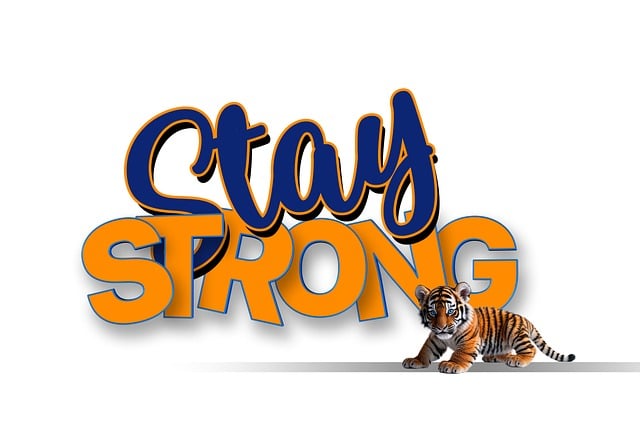Mental health assessments are crucial in understanding the complex interplay between mental illness and substance abuse among young adults, leading to more effective tailored treatment plans. Specialized addiction support groups for this demographic provide Trauma-Informed Care, safe spaces, and holistic wellness programs, enhancing recovery accessibility and sustainability. These peer-led groups, incorporating crisis intervention training, group therapy, and cognitive-behavioral therapy (CBT), empower members to overcome addiction and build strong support networks, ultimately fostering a brighter, healthier future.
Mental health assessments play a pivotal role in understanding the complex relationship between substance abuse and underlying psychological conditions. By delving into this connection, professionals can tailor effective treatment plans. This article explores how comprehensive assessments identify root causes, guiding recovery journeys. We discuss the significance of addiction support groups tailored for young adults, highlighting their potential to foster community and healing. Additionally, we provide strategies for integrating assessment findings into group therapy, offering a holistic approach to combat addiction.
- Understanding Mental Health Assessments: Uncovering the Roots of Substance Abuse
- The Role of Addiction Support Groups for Young Adults
- Strategies for Effective Assessment and Group Therapy Integration
Understanding Mental Health Assessments: Uncovering the Roots of Substance Abuse

Mental health assessments play a pivotal role in unraveling the complex interplay between mental illness and substance abuse. By delving into an individual’s psychological landscape, these evaluations aim to identify underlying conditions that may be driving harmful habits. For young adults seeking addiction support, understanding this connection is crucial for effective treatment and long-term sobriety.
Assessments often employ a multi-faceted approach, incorporating interviews, questionnaires, and psychometric tests to gather insights into an individual’s emotional well-being. This process helps uncover potential mental health disorders such as depression, anxiety, or post-traumatic stress disorder (PTSD), which may be at the root of substance abuse. By addressing these co-occurring conditions through Trauma-Informed Care practices, addiction recovery becomes more accessible and sustainable. Accessing support from specialized groups designed for young adults can significantly enhance the journey towards overcoming addiction and embracing a brighter future, fostering resilience and improving overall mental health.
The Role of Addiction Support Groups for Young Adults

Addiction support groups specifically tailored for young adults play a pivotal role in their journey towards recovery from substance abuse. These peer-led gatherings provide a safe and non-judgmental space where individuals can openly discuss their struggles, gain valuable insights, and build a strong support network. By fostering connections with peers facing similar challenges, these groups offer a sense of community and belonging, which is essential for young adults navigating addiction.
Furthermore, many support groups incorporate elements of crisis intervention training, equipping individuals with the skills to recognize and respond to emergency situations. They also promote holistic wellness programs that integrate practices such as yoga, meditation, and nutrition, addressing not just the physical aspects of recovery but also the mental and emotional well-being of young adults. These comprehensive approaches, combined with a supportive community, empower members to take control of their lives, break free from addiction’s grasp, and embrace a healthier future.
Strategies for Effective Assessment and Group Therapy Integration

Effective mental health assessments play a pivotal role in identifying the root causes of substance abuse among young adults, which is crucial for tailored treatment plans and improved recovery outcomes. These assessments should incorporate a blend of qualitative and quantitative methods to capture the individual’s psychological, social, and environmental factors contributing to their addiction. By integrating crisis intervention training for assessors, the process becomes more dynamic and responsive to the client’s immediate needs.
Group therapy sessions, particularly tailored for young adults in addiction support groups, can be a powerful tool when combined with cognitive-behavioral therapy (CBT). CBT reframing negative thoughts and behaviors empowers individuals to challenge and change self-destructive patterns. Recovery support services that provide ongoing guidance and encouragement throughout the recovery journey complement these therapeutic approaches, fostering a sense of community and accountability.
Mental health assessments are pivotal in addressing substance abuse among young adults. By identifying underlying conditions, these assessments enable targeted interventions such as integration of effective assessment strategies and addiction support groups tailored for this demographic. This comprehensive approach ensures that the root causes of substance abuse are addressed, fostering better outcomes and a brighter future for affected individuals. Additionally, addiction support groups for young adults provide a safe space for peer-to-peer connections and shared experiences, enhancing recovery and resilience.






